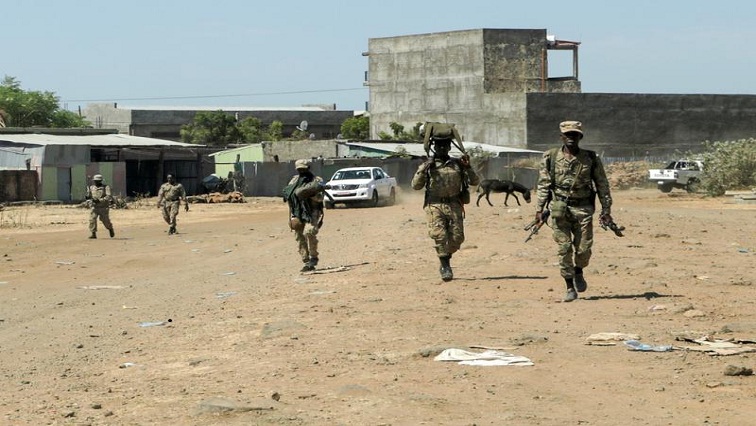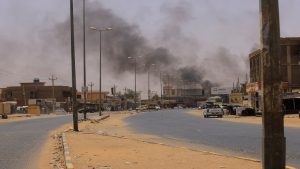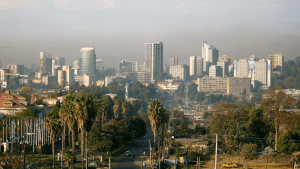Ethiopian police have detained hundreds of ethnic Tigrayans in Addis Ababa since federal government forces lost control of the Tigray region’s capital on June 28, according to some of those who say they were released.
The detentions in the Ethiopian capital are the third wave of what dozens of Tigrayans, rights groups and lawyers have described as a nationwide crackdown on ethnic Tigrayans since November, when fighting erupted between the military and the Tigray People’s Liberation Front (TPLF) in Tigray, the country’s northernmost region.
City authorities in Addis Ababa say they have recently closed a number of Tigrayan-owned businesses over alleged links to the TPLF, which was designated by the government as a terrorist organization in May but had dominated Ethiopian politics for three decades until 2018.
Growing calls for a probe into Human Rights violations in Tigray:
But Addis Ababa police spokesperson Fasika Fanta said he had no information on the arrests or business closures.
Federal police spokesperson Jeylan Abdi said: “People might be suspected of a crime and be arrested, but no one was targeted because of ethnicity.”
Ethiopia’s attorney general has previously said there is no government policy to “purge” Tigrayan officials. He has said he cannot rule out that some innocent individuals might be swept up in arrests but that the TPLF has a big network in Addis Ababa and Ethiopia must err on the side of caution.
Officials in the prime minister’s office, the attorney general’s office and a government task force on Tigray did not respond to requests for comment on the released detainees’ reports of a wave of arrests, or on individual cases.
Tesfalem Berhe, a Tigrayan lawyer from a Tigrayan opposition party, told Reuters he knew of at least 104 Tigrayans arrested in the past two weeks in Addis Ababa and five in the eastern city of Dire Dawa.
The names were provided by colleagues, friends or family members, and most of those detained are hotel owners, merchants, aid workers, daily workers, shopkeepers or waiters, he said.
He had not spoken to the detainees directly, and said he was not representing them although he was passing the information to organisations such as the Ethiopian Human Rights Commission.
“They are not appearing before the court within (the legally mandated period of) 48 hours and we do not know their whereabouts – their family or lawyers cannot visit them,” he said.
The arrests intensified, he said, after the military withdrew from Tigray’s capital, Mekelle, and declared a unilateral ceasefire after nearly eight months of fighting.
A spokesperson for the rights commission confirmed it had received reports of detentions and was monitoring them.






